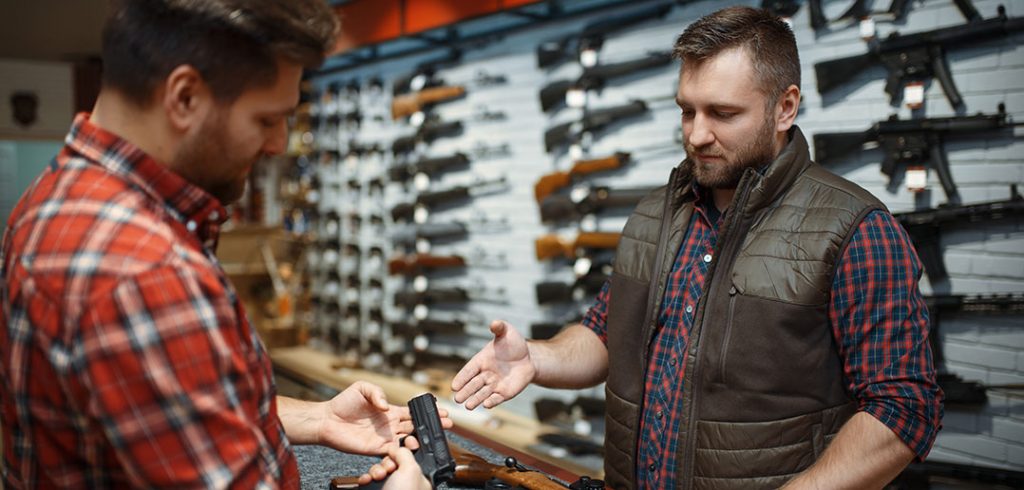Jacob Smith, assistant professor of political science, has studied how gun control and mental health policies correspond to firearm fatalities. He told Salon that mandatory waiting periods can be effective in saving lives. Read more in Suicides are at an all-time high in America. One of the best ways to reduce them is gun control.
“In our [2017 Policy Studies Journal] paper, we mostly looked at overall gun control policies and access to mental health rather than specific policies,” Smith said, explaining that most states which implement gun control laws do so more with more than one, making it difficult to assess which laws have caused what specific effect. Despite this challenge, Smith and his team still found a definite pattern in terms of how gun control laws impacted suicide rates.
“What we do find in our research is that states with more gun control laws have fewer gun deaths (including those who die by suicide from guns) and for non-suicides (homicides and accidental discharge together), a combination of more access to mental health services and an overall stricter climate for gun control laws correlates with a particularly lower rate of gun deaths,” Smith said. Specifically, the team found that more access to mental health care did not correlate with lower rates of suicide by gun; stricter gun control laws, however, had that desired impact.
“This relationship is perhaps due to the fact that many mental health treatments take time to have an effect, while the effect of removing a gun (or preventing one from having it in the first place) is immediate,” Smith said, adding that more access to mental health care is still good for other reasons. “It is also very difficult under existing law to remove a gun due to mental illness, but having stricter gun control laws generally can either prevent (assault weapons ban) or delay (through background checks) when one has access to a gun.”

